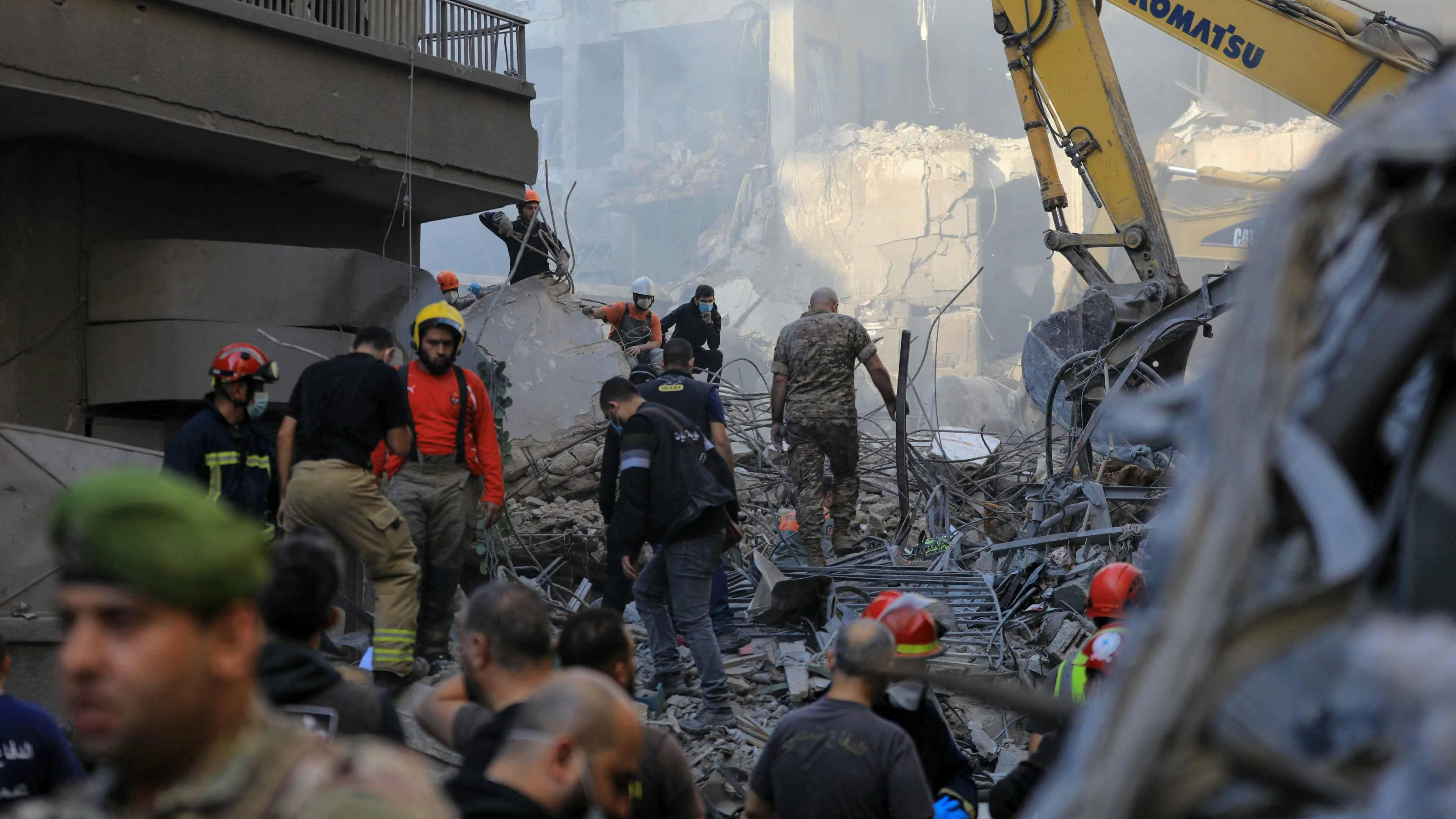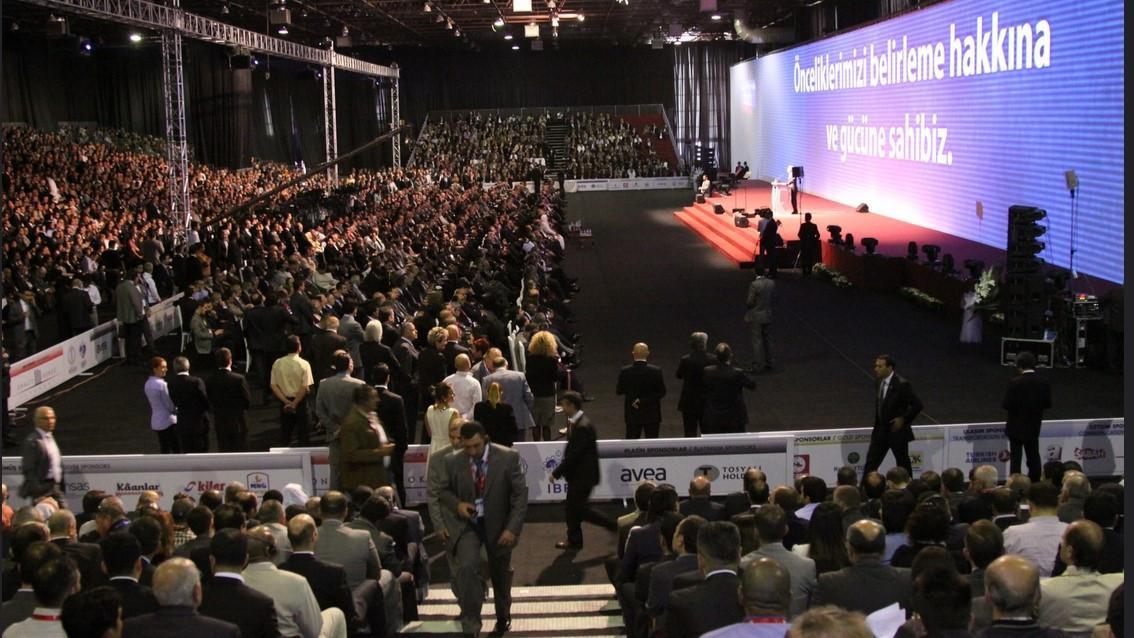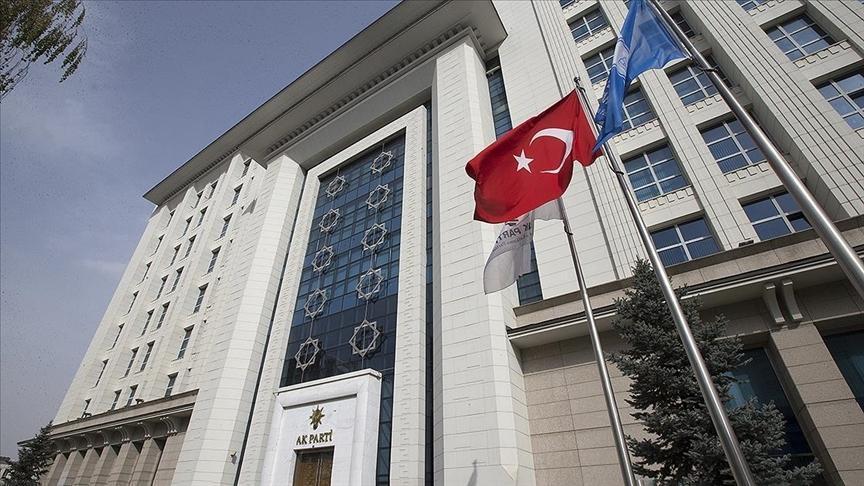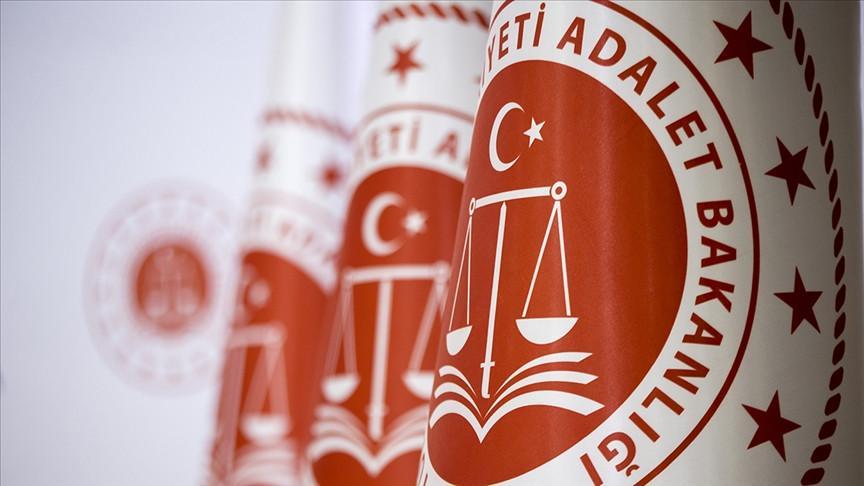Turkey; energy hub, financial hub and also an archeological hub
“Oil will always find its way to the markets.” I do not know whether Tony Hayward, the Chief Executive of Genel Energy, is the first to use this sentence or not; I know I first heard it from him.
This is a sentence that quite well sums up the situation of Iraqi Kurdistan. (There you go; I said it Kur-dis-tan).
Founded by Mehmet Sepil, Genel Energy, which was among the first companies to be awarded a production sharing contract by the Kurdistan Regional Government (KRG), is about to become the first company to export the KRG’s oil to Turkey.
The oil is there; the pipeline connecting Iraqi Kurdistan to Turkey (constructed last year) is there. The agreement(s) (although not made officially public) is(are) there.
What is missing is the Iraqi central government’s consent. But the KRG oil will find its way to the Turkish market.
The crisis that erupted over the week end by the Iraqi central government’s refusal to open its airspace in order to prevent the Turkish Energy Minister Taner Yıldız’s participation in an energy conference in Arbil ended with only a 24 hour delay in Yıldız’ s initial plans.
The fact that he made it to Arbil, even after a stopover in Baghdad means that sometime in the very near future, the button to pump oil to Turkey will be pushed and as Arbil and Baghdad will probably go on trying to work out the final disagreements, the oil will start flowing without celebratory statements coming from the interested parties.
Securing energy cooperation with the KRG without antagonizing Baghdad is very important since the whole country’s energy resources are critical for realizing Turkey’s aspiration to become an energy hub.
As you might have observed, the concept “hub” has been a very fashionable concept for the governing Justice and Development Party (AKP). Turkey wants to become an energy hub; there are plans to make Istanbul an international finance center. Foreign Minister Ahmet Davutoğlu is working hard to make Istanbul a regional hub for UN activities, as UN Women and UNDP’s regional offices will be set up in Istanbul.
All of this is great and you hear a lot of heated, and sometimes even over ambitious rhetoric about them, from Turkish officials.
Yet, Istanbul is also an archeological hub; a cultural center. Yet you hear barely any high level official talking about it. The government’s contribution to Istanbul’s artistic and cultural world is minimal; and instead of opening up horizons of the culture world, it is busy bringing about restrictions.
When it comes to Istanbul’s archeological richness; I was thrilled to listen to Zeynep Kızıltan, the director of archaelogical museums talking about excavations in Istanbul that were triggered by the mega transportation projects. Yet, I feel that neither the AKP government nor the Turkish public is sufficiently aware of the huge dimension and big significance of the findings in Yenikapı.
President Abdullah Gül visited the sites and while Ertuğrul Günay, Culture and Tourism Minister, preceding the current one, used to hold periodic visits, it seems none of the cabinet members have shown any interest in the archeological findings that have for long caught the attention of the international scientific world, as well as members of the international media.
I am sure that being a historian, Minister Davutoğlu’s interest in Istanbul’s past is not limited to Ottoman times and that he will be equally thrilled by the findings dating back from Neolithic times.
Making time to learn firsthand new historical discoveries is as important as allocating time for some mediation efforts among Syrian opposition groups. After all, promoting Turkey is among Davutoğlu’s missions and Turkey’s relevance in the world does not only stem from its geostrategic importance, but also from its tremendous historical richness.
Let’s not recall Turkey’s breathtaking historic background only when preparing promotion videos to bid for Olympics, Expo or some UN office.











